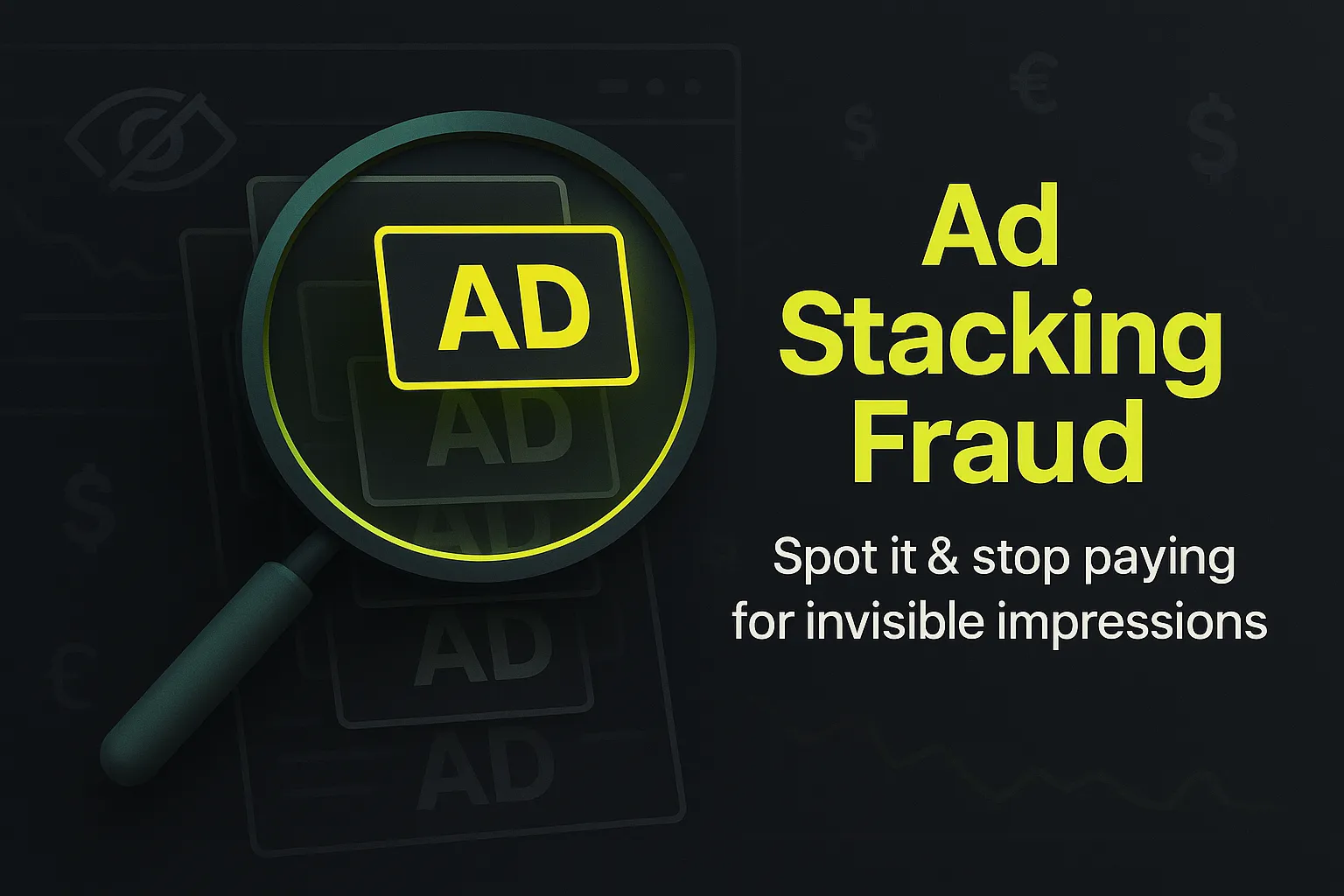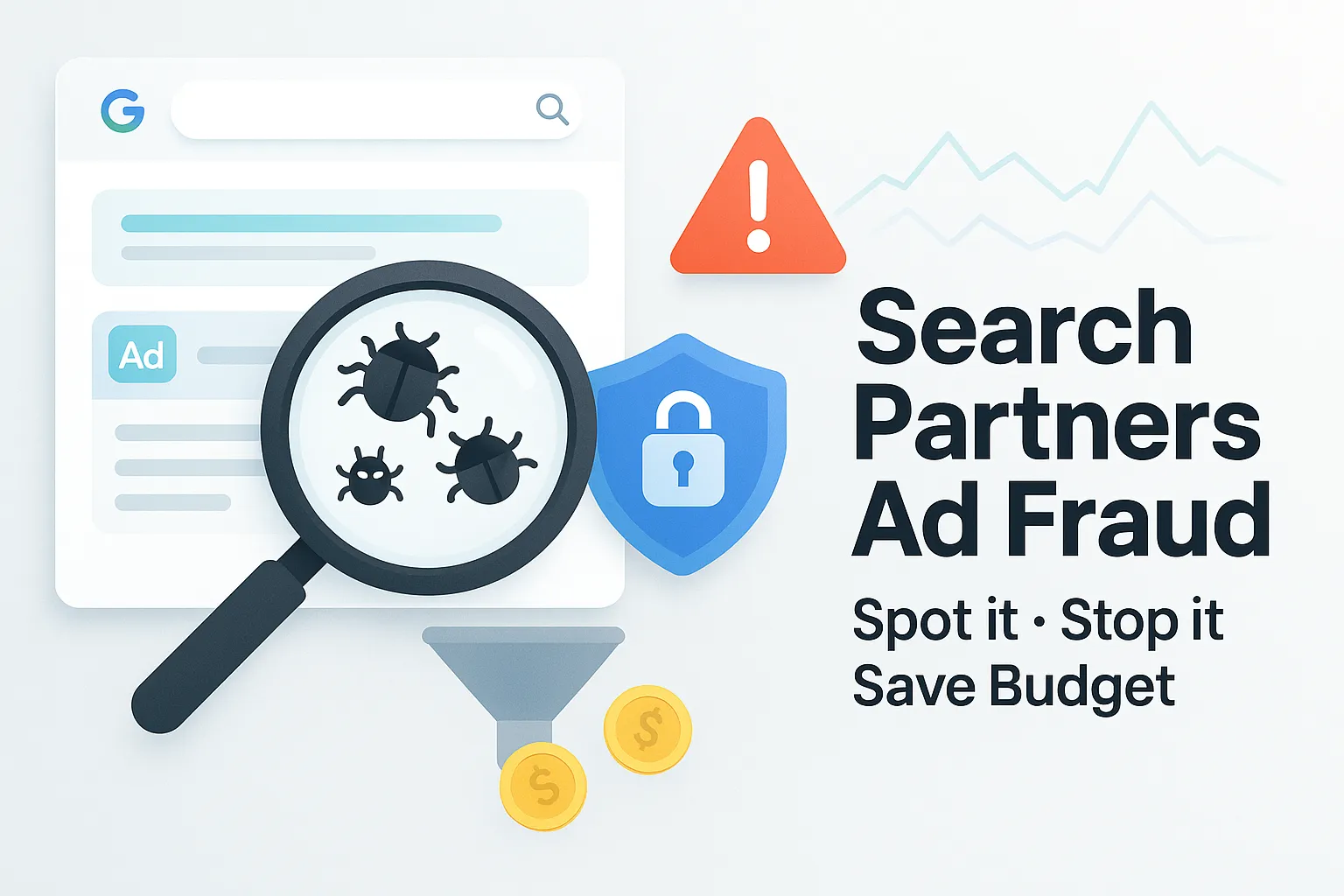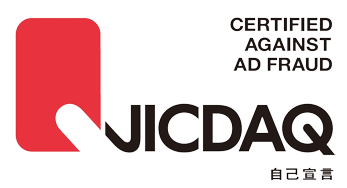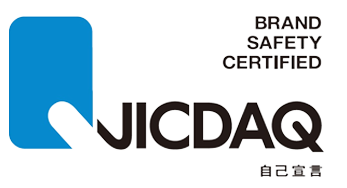Should You Be Bidding on Branded Keywords? Pros and Cons

Should you be bidding on brand keywords? As businesses strive to maximize their online presence, the strategic use of branded keywords has become a focal point in digital marketing campaigns. This article looks into the pros and cons of bidding on own branded keywords, exploring why advertisers might opt for this approach and the best bid strategies to employ.
Understanding B2B Marketing Measurement

B2B marketing measurement is at the heart of any successful digital strategy. It involves evaluating the effectiveness of marketing efforts, determining ROI, and optimizing campaigns for better performance. In the vast digital marketplace, where competition is fierce, the decision to bid on branded keywords becomes a critical component of a comprehensive marketing strategy.
Why Might an Advertiser Bid on Brand Keywords?
Establishing Brand Authority
One of the primary reasons advertisers choose to bid on branded terms is to establish and reinforce brand authority. When users search for a specific brand, bidding on those branded keywords ensures that the brand's content appears prominently in search engine results. This not only helps in creating a strong brand presence but also influences user perception, fostering trust and recognition of brand terms.
Protecting Against Competitors
In the highly competitive digital space, competitors may target your brand keywords to divert traffic and potential customers. By strategically bidding on branded keywords, advertisers can safeguard their brand visibility and ensure that users are directed to their content instead of a competitor's landing page.
Controlling the Narrative
Bidding on branded keywords provides advertisers with the opportunity to control the narrative surrounding their own brand name. Crafting compelling ad copy and directing users to specific landing pages allows brands to convey their unique value propositions, promotions, or any key messages they want to emphasize.
Capturing High-Intent Traffic
Branded keywords often reflect high user intent. Users searching for a specific top brand name are likely familiar with the product or service, indicating a higher likelihood of conversion. Advertisers can capitalize on this high-intent traffic by strategically bidding on branded keywords and directing users to conversion-focused landing pages.
Pros of Brand Keyword Bidding

1. Enhanced Visibility and Click-Through Rates
Bidding on branded keywords ensures that a brand's content appears prominently at the top of search engine results pages (SERPs). This increased visibility can lead to higher click-through rates (CTRs) as users are more likely to click on the first few results, especially if they are actively seeking a particular brand.
2. Reinforcement of Brand Recall
Consistent exposure to a brand through branded keyword ads reinforces brand recall. Users who see a brand consistently in search results are more likely to remember and choose that brand when making purchase decisions. This repetition contributes to building brand loyalty over time.
3. Protection Against Competitor Poaching
By actively bidding on branded keywords, advertisers can prevent competitors from poaching their potential customers. Without a targeted strategy, competitors may bid on a brand's keywords to siphon off traffic, but a well-executed brand keyword campaign can act as a protective shield.
4. Greater Control Over Messaging
Bidding on branded keywords allows advertisers to have more control over the messaging users see. Ad copy can be tailored to convey specific promotions, highlight unique selling propositions, or communicate any time-sensitive information, ensuring that the brand's message is communicated effectively.
Cons of Brand Keyword Bidding

1. Cost Considerations
While brand bidding can provide valuable visibility, it comes at a cost. Branded terms often have a higher cost-per-click (CPC) compared to non-branded keywords. Advertisers need to weigh the benefits of increased visibility against the potential impact on their advertising budget.
2. Cannibalization of Organic Traffic
Some argue that bidding on branded keywords may cannibalize organic traffic, as users may click on paid ads instead of organic listings in search results. However, studies suggest that the overall impact on organic traffic is minimal, and the benefits of increased visibility often outweigh this concern.
3. Dependency on Brand Recognition
Bidding on branded keywords assumes that users are actively searching for the brand. If a brand is relatively unknown or lacks significant recognition in search terms, the effectiveness of branded keyword bidding may be limited. In such cases, focusing on broader, non-branded keywords might be more beneficial.
4. Balancing Act with Non-Branded Strategies
An effective digital marketing strategy requires a balance between branded and non-branded keyword targeting. Overemphasis on branded keywords alone is cost effective but may neglect potential customers who are in the early stages of the buyer's journey and are not yet familiar with a specific brand.
Best Bid Strategy for Branded Keyword Search Campaign

Crafting a successful bid strategy for a branded keyword search campaign involves a combination of smart planning and continuous optimization. Here are key considerations:
1. Segmenting Branded Keywords
To optimize bidding, segment brand keywords based on performance and relevance. Grouping branded terms allows for more targeted ad copy and bidding adjustments, ensuring that the campaign resonates with specific audience segments.
2. Utilizing Ad Extensions
Make use of ad extensions to provide additional information to users. Site link extensions, callout extensions, and structured snippets can enhance the visibility of the ad and provide users with more reasons to click the paid ad.
3. Monitoring Competitor Activity
Regularly monitor competitor activity to stay ahead in the bidding game. If competitors are aggressively bidding on your own branded terms, adjust your strategy accordingly. Consider increasing bids during key periods or promotions to maintain a competitive edge.
4. A/B Testing Ad Copy
Continuously A/B test ad copy to identify what resonates best with your audience. Experiment with different messaging, offers, and calls-to-action to refine your approach and maximize the effectiveness of your branded keyword campaign.
Bid Strategy for Branded Keywords: Ensuring Success
While branded keyword bidding presents both advantages and challenges, a carefully crafted bid strategy can tip the scales in favor of success. By understanding the pros and cons of branded terms and implementing best practices, advertisers can harness the power of branded keywords to elevate their B2B marketing measurement efforts.
Striking the Right Balance
The decision to bid on branded keywords is not a one-size-fits-all solution. Advertisers must carefully weigh the pros and cons, considering factors such as brand recognition, budget constraints, and the competitive landscape.
Striking the right balance between a branded campaign and non-branded strategies is crucial for a holistic digital marketing approach. While bidding on branded keywords can undoubtedly enhance visibility and brand recall, it should be complemented by a broader strategy to capture a diverse audience at different stages of the buyer's journey.
As you navigate the complexities of B2B marketing measurement, remember that success lies in adaptability and continuous optimization. By staying informed, testing strategies, and embracing a dynamic approach, you can unlock the full potential of b2b marketing measurement and make informed decisions about bidding on branded keywords in your digital campaigns.
Every click matters. The strategic use of branded keyword bidding is a powerful tool that, when wielded with precision, can propel your brand to new heights.
Frequently Asked Questions About Bidding On Branded Keywords
Why might an advertiser bid on branded keywords?
Advertisers may bid on branded keywords for several reasons. First, it helps in establishing brand authority by ensuring the brand's content appears prominently in search results, fostering trust and recognition. Additionally, bidding on your own brand name acts as a strategic measure protecting against competitors who may target the same keywords to divert traffic. Lastly, it provides an opportunity for controlling the narrative around the brand by using negative keywords, crafting compelling ad copy and directing users to specific landing pages.
What are the pros of branded keyword bidding?
The pros of branded keyword bidding include enhanced visibility and click-through rates as the brand's content appears prominently at the top of search engine results. Additionally, consistent exposure through branded keyword ads reinforces brand recall, contributing to building brand loyalty over time. Bidding on branded keywords also serves as a protective measure against competitor poaching, preventing competitors from diverting potential customers from brand ads.
What are the cons of branded keyword bidding?
The cons of branded keyword bidding involve cost considerations, as bidding on these keywords often comes with a higher cost-per-click (CPC). Another concern is the cannibalization of organic traffic, where paid ads may divert users from clicking on organic search results. Additionally, the effectiveness of branded keyword bidding may be limited if there is a dependency on brand recognition, especially for relatively unknown brands.
What is the best bid strategy for a branded keyword search campaign?
Crafting a successful bid strategy for a branded keyword search campaign involves several key considerations. First, segmenting branded search keywords based on performance and relevance allows for more targeted ad copy and bidding adjustments. Utilizing ad extensions such as site link extensions, callout extensions, and structured snippets enhances ad visibility. Regularly monitoring competitor activity helps stay ahead in the bidding game, and A/B testing ad copy ensures continuous optimization to identify what resonates best with the audience.
How can advertisers ensure success in branded keyword bidding?
Advertisers can ensure success in branded keyword bidding by striking the right balance between pros and cons. This involves careful consideration of factors such as brand recognition, budget constraints, and the competitive landscape. A holistic digital marketing approach requires balancing branded and non-branded strategies, considering the diverse audience at different stages of the buyer's journey. Success lies in adaptability and continuous optimization, where advertisers stay informed, test strategies, and embrace a dynamic approach to unlock the full potential of B2B marketing measurement.
Is there a risk of cannibalizing organic traffic with branded keyword bidding?
Yes, there is a perceived risk of cannibalization of organic traffic with branded keyword bidding. Some argue that users may click on paid ads instead of organic search results, potentially impacting the overall organic traffic. However, studies suggest that the overall impact on organic traffic is minimal, and the benefits of increased visibility through branded keyword bidding often outweigh this concern.
How can branded keyword bidding contribute to B2B marketing measurement efforts?
Bidding on branded keywords contributes to B2B marketing measurement efforts by providing enhanced visibility and click-through rates, leading to a higher likelihood of users clicking on the brand's content. This increased visibility, coupled with the reinforcement of brand recall, contributes to building brand loyalty over time. Ultimately, successful branded keyword bidding can positively impact key metrics in B2B marketing measurement, such as ROI and campaign performance.
What factors should advertisers consider when deciding to bid on branded keywords?
Advertisers should consider various factors when deciding to bid on branded keywords. These include brand recognition, as bidding assumes users actively search for the brand. Additionally, advertisers should assess budget constraints, as bidding on branded keywords often comes with a higher cost-per-click. A thorough analysis of the competitive landscape is also crucial to determine the level of competition for the brand's keywords.
How can advertisers strike the right balance between branded and non-branded keyword strategies?
Striking the right balance between branded and non-branded keyword strategies involves careful consideration of the overall digital marketing approach. While bidding on branded keywords enhances visibility and brand recall, advertisers should not neglect non-branded strategies. This balance ensures capturing a diverse audience at different stages of the buyer's journey, preventing overemphasis on branded keywords alone.
How does bidding on branded keywords align with a dynamic approach to digital marketing?
Bidding on brand keywords aligns with a dynamic approach to digital marketing by emphasizing adaptability and continuous optimization. Advertisers need to stay informed about industry trends, test strategies, and adjust their approach based on performance. A dynamic approach involves monitoring competitor activity and making real-time adjustments to bid strategies, ensuring that advertisers can unlock the full potential of branded keyword bidding in their digital campaigns.



















